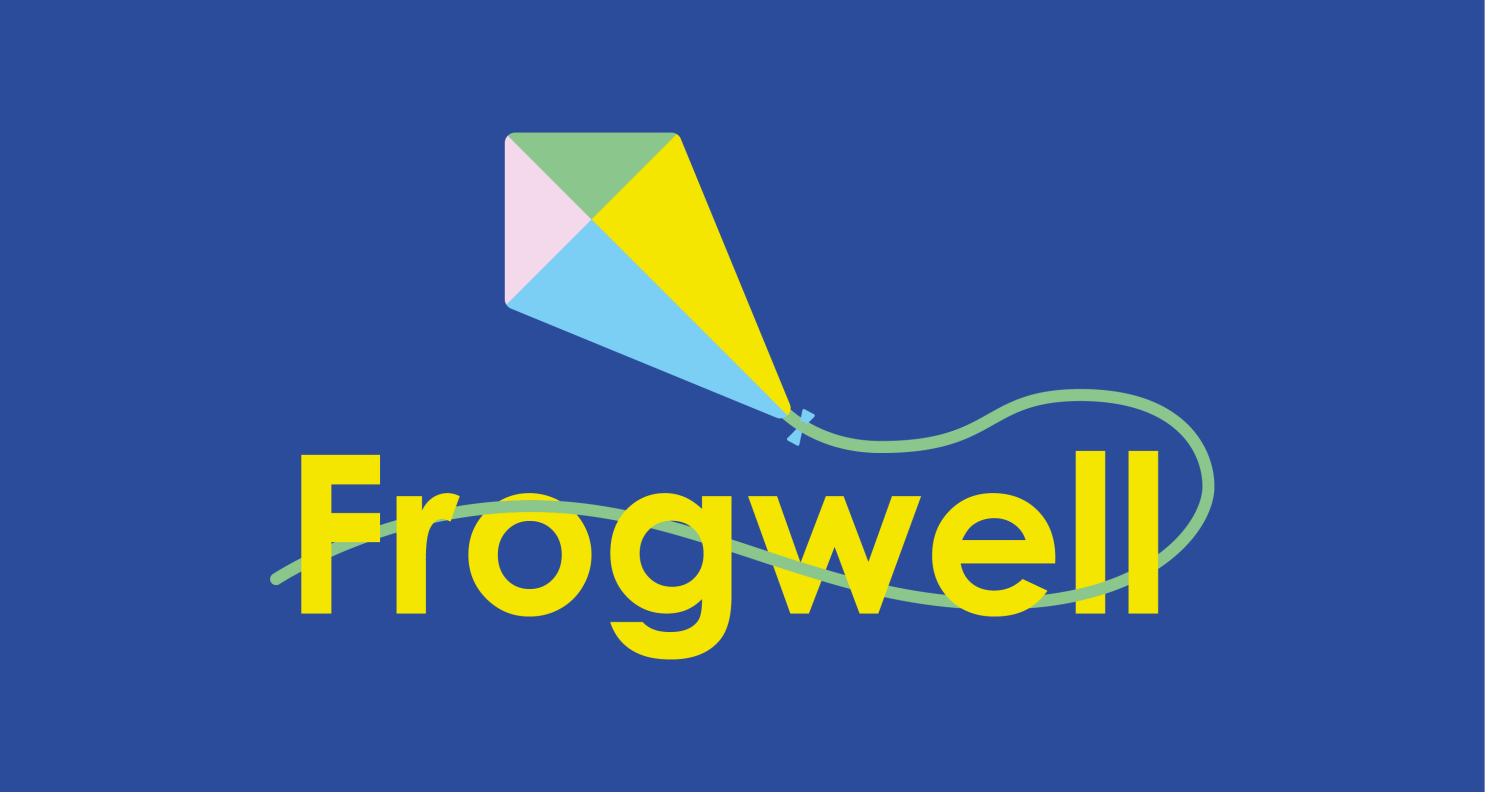Reading
What does Reading at Frogwell offer our children?
At Frogwell, we believe that the teaching of reading is integral to a child’s understanding and appreciation of the world around them; a platform that allows our children to see beyond what they know, share in cultural experiences and develop the vocabulary they need to effectively express themselves. Reading is at the heart of our school curriculum and we aim to promote a love of reading.
Our reading curriculum strives to foster a lifelong love of reading and is delivered through:
- systematic synthetic phonics teaching
- whole-class shared and group reading
- reading across the curriculum
- regular opportunities for independent reading and enjoying quality texts read aloud every day
- home reading
All of these are essential components as they offer the range of opportunities needed to develop fluent and enthusiastic readers. Furthermore, we know that reading for pleasure is beneficial not only for reading outcomes, but for wider learning enjoyment and mental wellbeing. Thus, we are working hard to foster a love of independent reading and build communities of engaged readers. We understand the significance of parents and carers in supporting their children to develop reading skills, so we endeavour to build a home-school partnership, which can enable parents to have the confidence to support their children.
What are the main aims of our Reading Curriculum?
Our Reading curriculum includes: reading for pleasure (independent reading time), whole class shared reading, group reading, daily reading aloud story time and informal ‘book chat’.
The National Curriculum for English – Reading programmes of study consists of 2 dimensions:
- word reading
- comprehension (both listening and reading)
It is essential that teaching focuses on developing pupils’ competence in both dimensions; different kinds of teaching are needed for each. Skilled word reading involves both the speedy working out of the pronunciation of unfamiliar printed words (decoding) and the speedy recognition of familiar printed words. Underpinning both is the understanding that the letters on the page represent the sounds in spoken words. This is why phonics should be emphasised in the early teaching of reading to beginners when they start school.
Reading feeds pupils’ imagination and opens up a treasure house of wonder and joy for curious young minds.
How is the teaching of Reading organised?
Learning to read is one of the most important things a child will ever learn. It underpins everything else, so we believe in putting as much energy as we possibly can into making sure that every single child learns to read as quickly as possible. We also want our children to develop a real love of reading and to want to read for themselves. This is why we work hard to make sure children develop a love of books as well as simply learning to read.
What phonics scheme do we use? 
We start teaching phonics in Reception (EYFS2) and follow the Little Wandle Letters and Sounds scheme (until the end of Year 1 and into the Autumn Term of Year 2), which ensures children build on their growing knowledge of the alphabetic code, mastering phonics to read and spell as they move through school.
At Frogwell Primary School, we also model the application of the alphabetic code through phonics in group reading and within writing, both inside and outside of the phonics lesson and across the curriculum.
We have a strong focus on language development for our children because we know that speaking and listening are crucial skills for reading and writing in all subjects. Alongside this the children are taught the ‘tricky words’ – high frequency words which do not follow the regular phonetic pattern.
The Complex Needs Resource Base use Little Wandle Letters and Sounds SEND Programme to teach phonics skills for reading.
Whole Class Reading
From Year 2 onwards, children benefit from shared whole class teaching of reading based around texts from our School Reading Spine to develop reading skills based on the reading domains in Key Stage 2 (author choice, vocabulary, compare, contrast and comment, retrieval, inference, summary and prediction). From Year 3 we continue with daily reading aloud story time, time for independent reading and informal book talk.
What do some of our pupils say about reading at Frogwell?
EYFS pupil “I love Goldilocks and the Three Bears. Everyday we have a story. My favourite books are about animals and we love funny books.”
Year 1 pupil “I love reading because you find out a lot of new things… We love story time at school and sharing books with our friends.”
Year 2 pupil “We read together as a class. My favourite book is ‘The Three Little Wolves and the Big bad Pig’.
Year 3 pupil “We read every day at school and it is relaxing.”
Year 5 pupil “” We read different genres and like to make predictions. Our class reads everyday after lunch and it is a time to chill out and calm down after lunch.”



